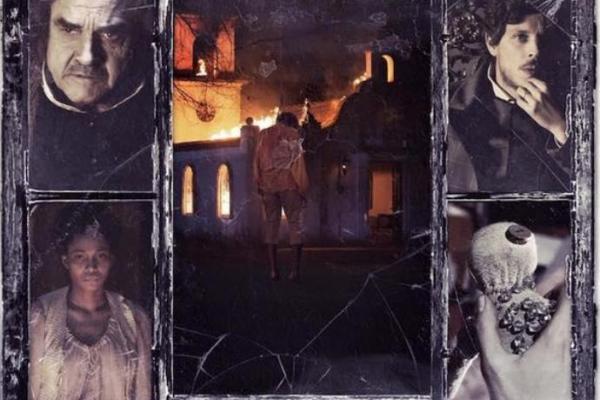
The Department of Spanish & Portuguese is pleased to present Hispanic Horror Films, Families that Matter: Ghosts, (Dis)Possessions, and the Logic of (Re)Productivity in Los inocentes.
In the cultural production of the Spanish-speaking world, ghosts are often employed as rhetorical devices in historical narratives involving disappearances related to recent military dictatorships because, as noted by Jacques Derrida, their presence is indicative of a temporal disjuncture born out of injustice. Argentine director Mauricio Brunetti's debut film Los inocentes (2015) makes an important departure from this trend by focusing on an injustice that reaches back to the nation's founding: slavery and the subsequent disappearance of Afro-Argentines from the national consciousness. By setting the story in a nineteenth-century hacienda in rural Argentina, Brunetti creates a classic setting in which to address specifically gothic anxieties about bloodlines, inheritances, and what Robert McRuer calls compulsory able-bodiedness, as well as its symbiotic twin, compulsory heterosexuality. What intersects this classic tale in productive ways, however, is the institution of slavery, its logic of productivity, and the ways in which it is embodied or not by different characters through processes of possession in both senses of the word: ownership and spiritual appropriation. By revisiting the country's largely forgotten history of slavery, Los inocentes holds the potential to expose ruptures in the narratives of individual autonomy, (re)productivity, and independence that traditionally construct both personhood and nationhood in the Argentine imaginary. The present study proposes to examine the interaction between gosts and bodies in Los inocentes and their implications for historical memory in Argentina.

Charles St-Georges, Denison University. Author of Haunted Families and Temporal Normativity in Hispanic Horror Films: Troubling Timelines (Lexington Books, April 2018)
